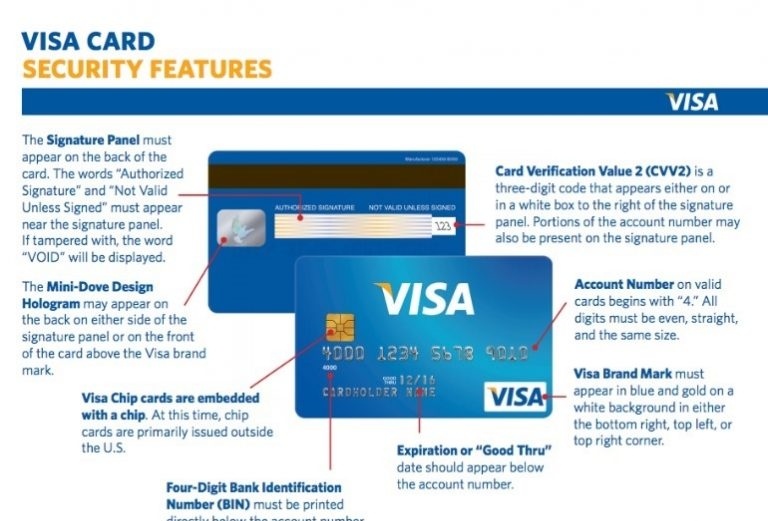
Although consumer protection is improving, and many card issuers voluntarily provide some benefits, some cards offer much less protection than others. Your funds on the prepaid debit card might not be insured by the FDIC. Debit and credit cards, on the other hand, have some built-in fraud protection that makes it easier for consumers to recover stolen funds. Prepaid debit cards are handled more similarly to cash-the stolen funds are gone.

Fewer protections: While you have extra privacy protections in cases of theft, you actually have fewer protections for recovering stolen funds.When you're using a debit card linked to a bank account, a thief who takes the card can learn a lot more financial information about you.
 Extra privacy: If someone steals your preloaded debit card, they can only access as much money as you have on the card, and they won't have any financial information about you. Prepaid cards work well for teens and college students who haven't built up healthy spending habits, as well as those living on a fixed income or relatives visiting from another country. If the money is not loaded onto your card, you can’t spend it. Help with budgeting: If credit cards are a little too tempting, a prepaid card can help you avoid going into debt. In some cases, prepaid cards can also cost less to use than a bank account. If you can’t or don't want to open a checking account, a prepaid card allows you to still enjoy the convenience of paying with plastic, such as online bill pay and mobile check deposit. No bank account required: A prepaid card can work as an alternative to a checking account at a bank or credit union. Some people even choose to do without debt and credit scores. This is especially appealing to people with less-than-perfect credit, including young people who have not yet built up their credit.
Extra privacy: If someone steals your preloaded debit card, they can only access as much money as you have on the card, and they won't have any financial information about you. Prepaid cards work well for teens and college students who haven't built up healthy spending habits, as well as those living on a fixed income or relatives visiting from another country. If the money is not loaded onto your card, you can’t spend it. Help with budgeting: If credit cards are a little too tempting, a prepaid card can help you avoid going into debt. In some cases, prepaid cards can also cost less to use than a bank account. If you can’t or don't want to open a checking account, a prepaid card allows you to still enjoy the convenience of paying with plastic, such as online bill pay and mobile check deposit. No bank account required: A prepaid card can work as an alternative to a checking account at a bank or credit union. Some people even choose to do without debt and credit scores. This is especially appealing to people with less-than-perfect credit, including young people who have not yet built up their credit. 

Because you’re not borrowing money, the card issuer will not check your credit score before issuing the card. No credit history required: Anybody can qualify to use a prepaid card.








 0 kommentar(er)
0 kommentar(er)
